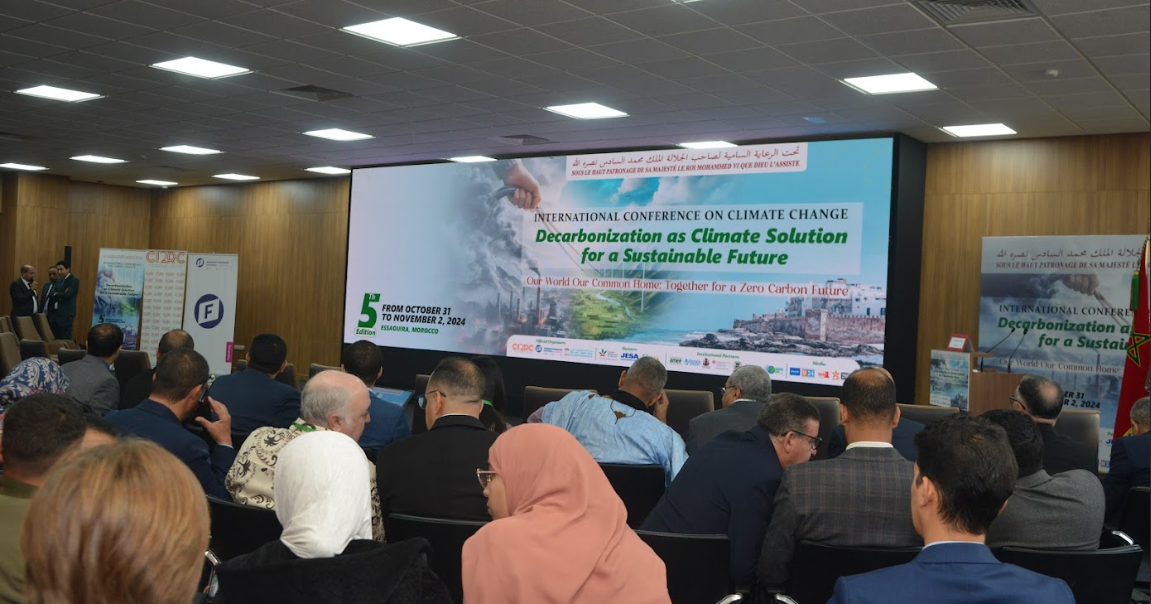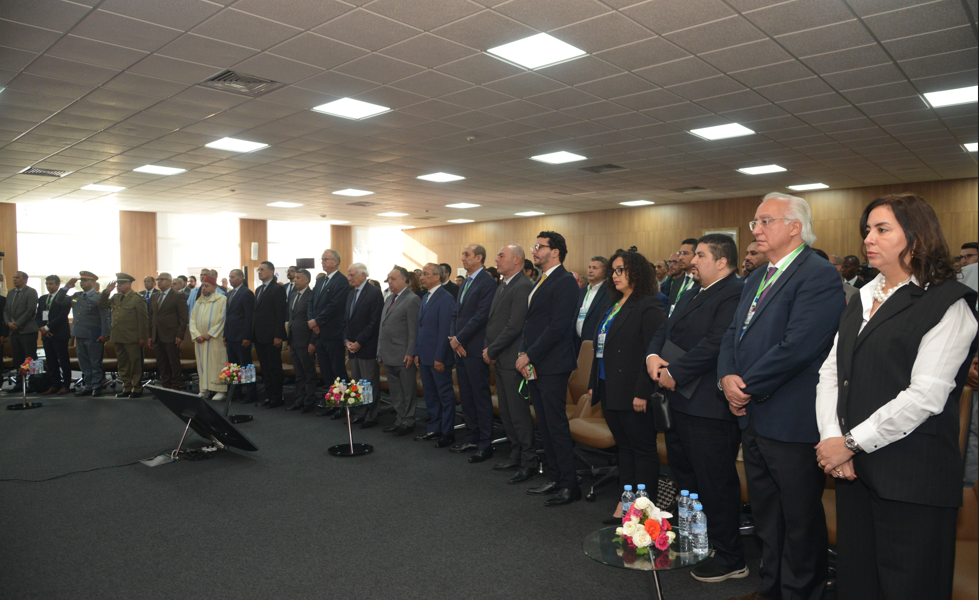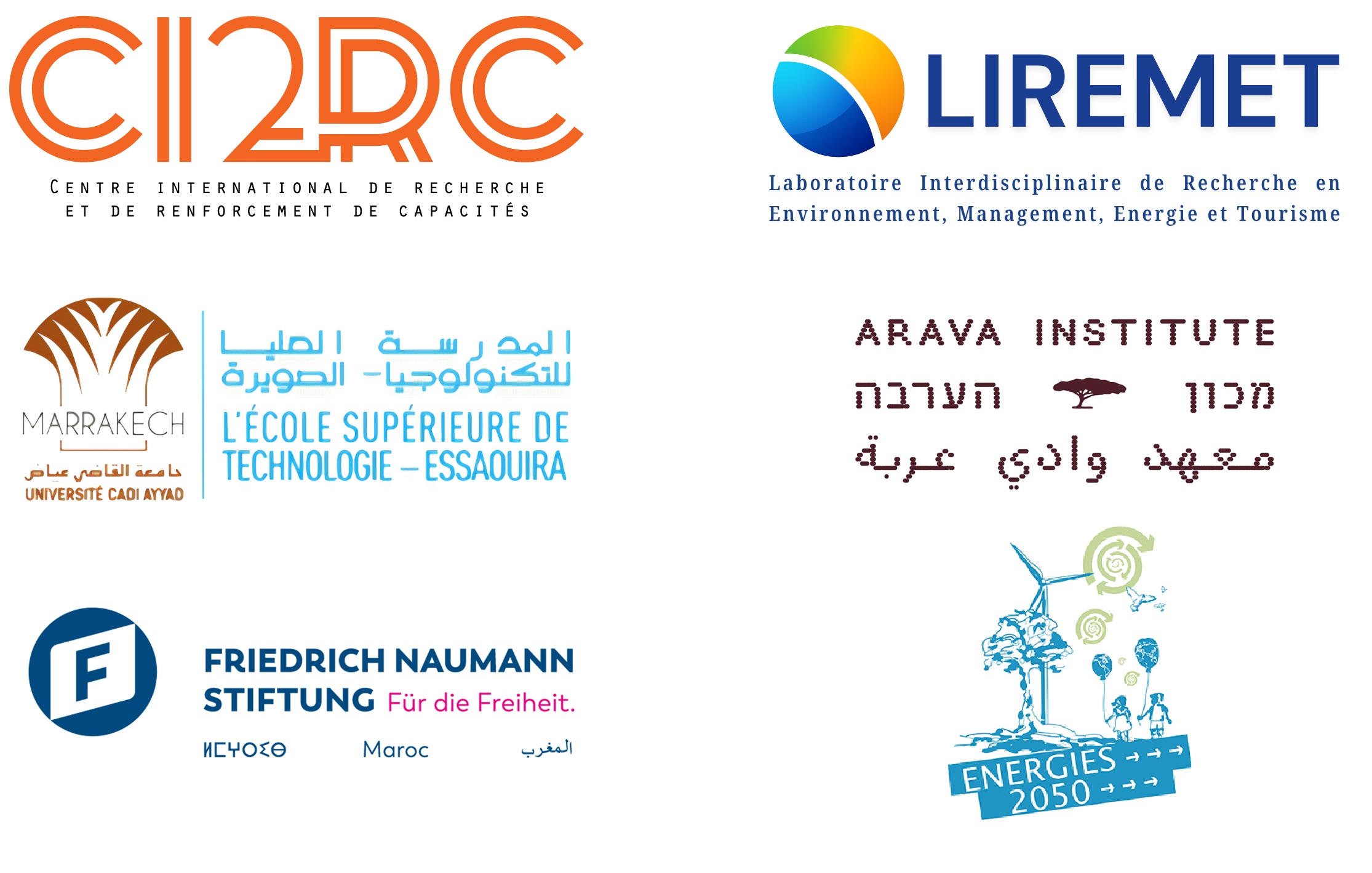
The 5th edition of the International Climate Change Conference, held under the high patronage of His Majesty King Mohammed VI, was a great success. Focused on decarbonization, it brought together renowned experts, researchers, institutional actors, and policymakers to identify concrete solutions for achieving carbon neutrality. This event led to strong commitments toward energy transition and the establishment of strategic partnerships to accelerate decarbonization in key sectors of the Moroccan and African economies. Building on this momentum, the 6th edition of the Conference aims to deepen these discussions and broaden the scope of action by integrating other crucial pillars in the fight against climate change, including adaptation, mitigation, loss and damage, and resilience. Furthermore, the findings of the Intergovernmental Panel on Climate Change (IPCC) Sixth Assessment Report indicate that global warming has reached approximately 1.1 to 1.3°C above pre-industrial levels. This report reaffirms the dominant role of human activities in global warming and highlights the alarming acceleration of this phenomenon.

Climate models predict that if greenhouse gas (GHG) emissions continue at their current pace, global temperatures could rise by 2°C to 4°C by the end of the century, leading to dramatic and increasingly visible consequences on resources, the global economy, health, and the security of billions worldwide. The COP29, held in Baku in 2024, emphasized the need to triple climate financing for developing countries by 2035 to enhance their adaptation and mitigation capacities. These commitments open new perspectives and call for coordinated actions among governmental, scientific, and private sector actors to translate climate policies into concrete and sustainable solutions. Decarbonizing territories is essential in the fight against climate change and ensuring a sustainable, shared, and prosperous future. A just and inclusive transition toward a low-carbon economy fosters innovation, creates new job opportunities, and stimulates local economic growth. Developing renewable energy, energy efficiency, and clean technologies strengthens territories' resilience against fossil fuel dependency, energy price fluctuations, and supply chain disruptions.

In this context, the International Center for Research and Capacity Building (CI2RC), the Friedrich Naumann Foundation (FFN, Germany), the Higher School of Technology Essaouira, Cadi Ayyad University (ESTE, UCA), and the Arava Institute for Environmental Studies (AIES) are launching the 6th edition of the International Climate Change Congress from October 16-18, 2025, with the ultimate goal of discussing comprehensive and cross border solutions to address the current climate crisis. This edition aims to mobilize a diverse range of participants, including policymakers, international organizations, academic experts, doctoral researchers, representatives from the private sector, and civil society actors interested in the relationship between climate change and sustainable territorial development.
Organizers :

